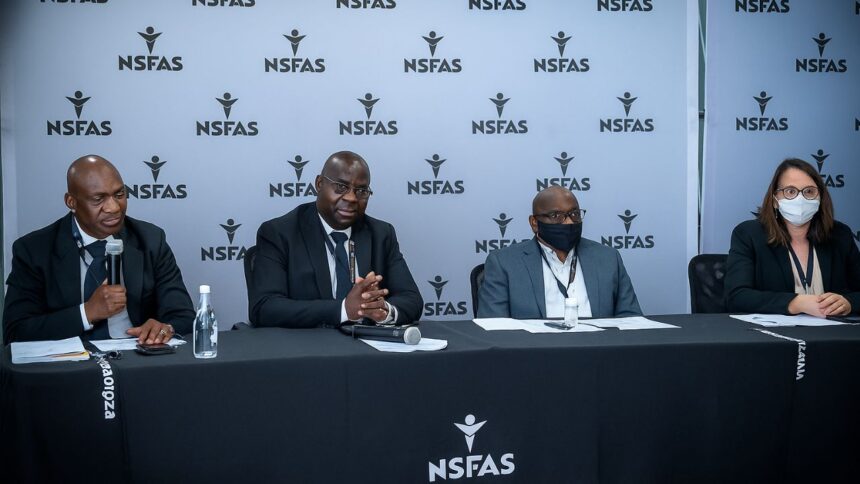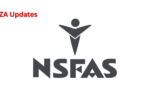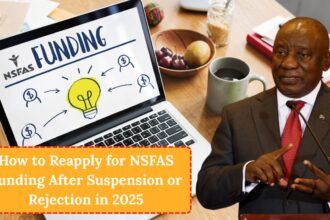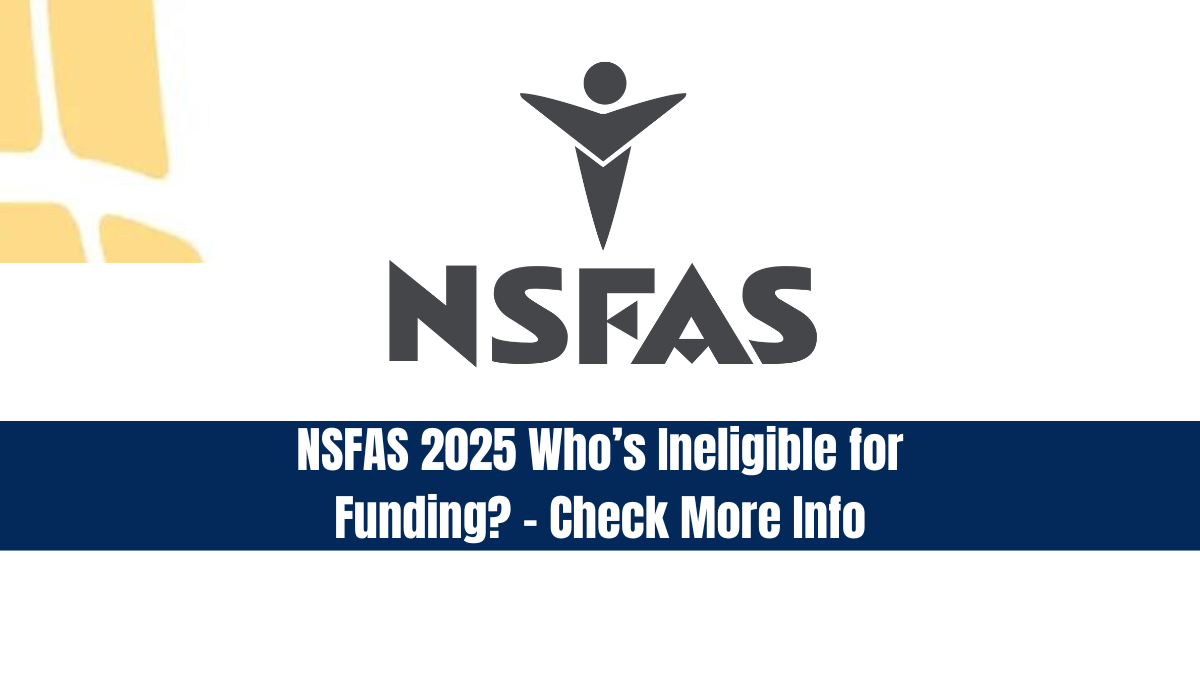NSFAS Urgent Alert: Submit Your Documents by 10 July to Secure Your Funding. The National Student Financial Aid Scheme (NSFAS) has issued a crucial alert for all prospective and returning students: the deadline to submit supporting documents for NSFAS funding is 10 July. Failure to meet this requirement may result in the loss of financial support for the 2025 academic year.
Thousands of students across South Africa depend on NSFAS financial aid to cover tuition fees, accommodation, textbooks, and other educational costs. Submitting the correct documents on time is the first critical step in ensuring that your NSFAS application is successful.
Why the NSFAS 10 July Deadline Matters
The 10 July 2025 deadline is not just another date—it is a final opportunity for students to confirm their eligibility for NSFAS funding. Students who fail to submit their documentation before this cut-off risk being excluded from the bursary system, even if they previously qualified.
Who Should Submit Documents by 10 July?
- New applicants for 2025 NSFAS funding
- Returning NSFAS beneficiaries required to update documentation
- Students flagged for outstanding or incomplete documents
How to Ensure Your NSFAS Application is Complete
To avoid delays, rejections, or disqualification, applicants must ensure that their NSFAS application package includes all the necessary and correctly certified documents.
| Required Document | Description |
|---|---|
| Certified Copy of ID | Your South African ID, certified within the last 3 months |
| Proof of Income | Payslips, pension slips, or affidavit for unemployed guardians |
| Academic Records | Latest school results or university transcripts |
| Consent Form | Must be signed by all household members whose income is declared |
Each document must be a certified copy, and must be clear and legible when uploaded. Always double-check that the document is recent and not expired or outdated.
How to Submit NSFAS Documents Online
Follow these steps to ensure your submission is complete and meets NSFAS standards:
- Gather all necessary documents, making sure they are certified and updated.
- Log in to your NSFAS account on the official NSFAS portal.
- Scan and upload each document clearly. Avoid blurry or poorly lit scans.
- Verify each uploaded file is complete, readable, and labelled correctly.
- Submit your application before 10 July 2025.
- Check your email and SMS messages for updates or requests from NSFAS.
Common Mistakes to Avoid When Applying for NSFAS
Many students unintentionally harm their chances of getting funded due to avoidable errors. Below are common mistakes and how to prevent them:
- Submitting incomplete applications: Double-check all required fields and documents.
- Uploading outdated or uncertified documents: Certification must be recent.
- Providing incorrect information: Ensure all details match your ID and academic records.
- Missing the deadline: Submit well before 10 July to avoid system delays.
- Not updating contact details: NSFAS must be able to reach you.
How to Track Your NSFAS Application Status
Once your documents are submitted, it’s important to track your NSFAS application to avoid delays or missed communications.
Ways to Track Your Application Status
| Method | Steps |
|---|---|
| NSFAS Portal | Log in to your student account and click on ‘Track Application Status’ |
| NSFAS App | Available for mobile download to view updates and upload documents |
| Email & SMS Notifications | Regularly check your inbox and messages for alerts |
| NSFAS Contact Centre | Reach out via phone or social media for status updates |
Always respond promptly to any request for additional documentation or clarification. Ignoring NSFAS messages could result in delayed payments or application rejection.
Understanding Your NSFAS Financial Aid Package
Once approved, your NSFAS financial aid can include several types of support based on your academic program, institution, and financial need.
Types of NSFAS Funding Coverage
| Funding Category | Description |
|---|---|
| Tuition Fees | Full coverage of course registration and tuition |
| Accommodation | On-campus or approved off-campus living expenses |
| Books & Study Materials | Annual allowance for textbooks and academic supplies |
| Meal Allowances | Monthly funds for food expenses |
| Travel Expenses | Transport support for students who commute |
| Personal Care Allowance | Helps cover toiletries and basic needs |
| Bursaries | May include merit-based or top-up funding from specific departments |
Maximising Your NSFAS Benefits
Getting funding is only the beginning—making it work throughout the academic year requires smart financial planning and resource management.
Top Tips to Use NSFAS Funding Effectively
- Create a monthly budget to prioritise rent, food, and study essentials.
- Avoid unnecessary spending to ensure your allowances last.
- Utilise campus resources, such as libraries, Wi-Fi zones, and counselling services.
- Seek additional scholarships or bursaries if your needs exceed what NSFAS provides.
- Stay academically committed—your continued funding depends on your performance.
Conclusion
If you’re planning to study at a South African public university or TVET college in 2025, then submitting your NSFAS documents before 10 July is absolutely essential. The NSFAS deadline is firm, and late submissions could jeopardize your entire academic year.










